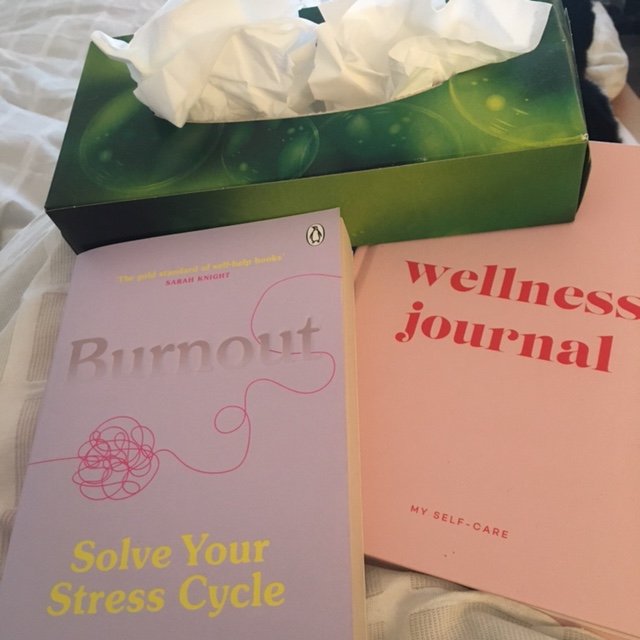Good relationships are fundamental to our happiness, and work relationships are no different. We don’t just check our emotional needs in at the office door every morning. They come in with us, and feeling connected to a close network of colleagues can make a big difference to our happiness at work.
For example, when we have a community of people at work that we can count on, we are able to bounce back from setbacks faster, accomplish more and feel a greater sense of purpose and meaning in what we do.
Those positive interactions we have during the workday help us cope better with work-related stress and recover faster. And you’re also less likely to see challenging situations as stressful in the first place, and more able to see adversity as an opportunity for learning and growth
For his book Good to Great, Jim Collins spent five years researching what makes the difference between a ‘good’ or a ‘great’ organisation and found that the people we interviewed from good to great companies, clearly loved what they did largely because they loved who they did it with.
So it would seem that great people often achieve great things because they are part of a great team. For example:
Thomas Edison may have got the credit for inventing the lightbulb, but he did it with the help of 30 lab assistants.
Neil Armstrong may have been the first person to walk on the moon, but it took a team of 400,000 scientists, engineers and technicians to actually get him there.
The sound of The Beatles would never have been what it was without the combination of John Lennon, Paul McCartney, George Harrison and Ringo Star playing together.
How can I improve my relationships with my colleagues?
You might think you have no control over who you’re surrounded by at work, but that’s not necessarily true. What you can do is change the balance of who you spend the most time with and how you spend it with them. Now that many of us are returning to the office at least part-time, this might be a great opportunity to think about how you want to interact with your colleagues going forward.
For example, you can make some simple changes such as choosing to spend more face to face time with colleagues you like on the days that you're in the office. This could be in the form of in-person meetings, or walking over to their desk when you need to speak to them, or arranging to have lunch together. Whereas with those colleagues you don’t get on so well with, you could choose to communicate more often by Zoom meeting or by email.
Of course, it’s unlikely that you can completely avoid having to work alongside colleagues you don’t gel with, but you can probably change the balance of time you spend with them face to face. These might seem like small changes but they could end up having a big effect on your interactions at work.
How can improve my relationships with my team if I'm a team leader or manager?
According to psychologist and science journalist Daniel Goleman, the most important single relationship at work you’ll have is with your boss. He calls it “a vertical couple” and says that the strength of this bond is the main predictor of daily productivity and how long someone will stay in their job
He also talks about a Gallup study that was conducted over the course of 70 years and was completed in 2009, which showed that US companies lost $360bn each year due to lost productivity because of poor manager/employee relationships
It’s really important to be aware of how our moods do affect others. Our emotions are in fact contagious up to two or three people away from us, and it takes just two minutes for one team member to pick up on the mood of another. So your mood could be impacting someone you work with, and in turn, that could impact their partner when they get home.
This reinforces the importance of working on your own happiness, because that can have a positive impact on the happiness of others too. You can choose what you want to put out in the world
So as a leader or manager, it is in your hands to affect the mood of a whole team in a positive way if you want to. And this can be done in a way that doesn’t have to be forced or feel fake. You don’t have to become best friends with your team, but this is about creating a basis is for mutual respect and for everyone to feel that they can be themselves and be authentic at work.
Here are some suggestions to get started:
Have more face to face meetings where possible.
Don’t multitask when someone speaks to or calls you.
Give them your full attention.
Make eye contact.
Use active listening.
Be curious and ask questions.
Give praise or say thank you to a colleague or team member.
These action steps may sound very simple, but they all help to build trust and send ripples of positivity through the workplace, and onwards to our wider families and communities too.











